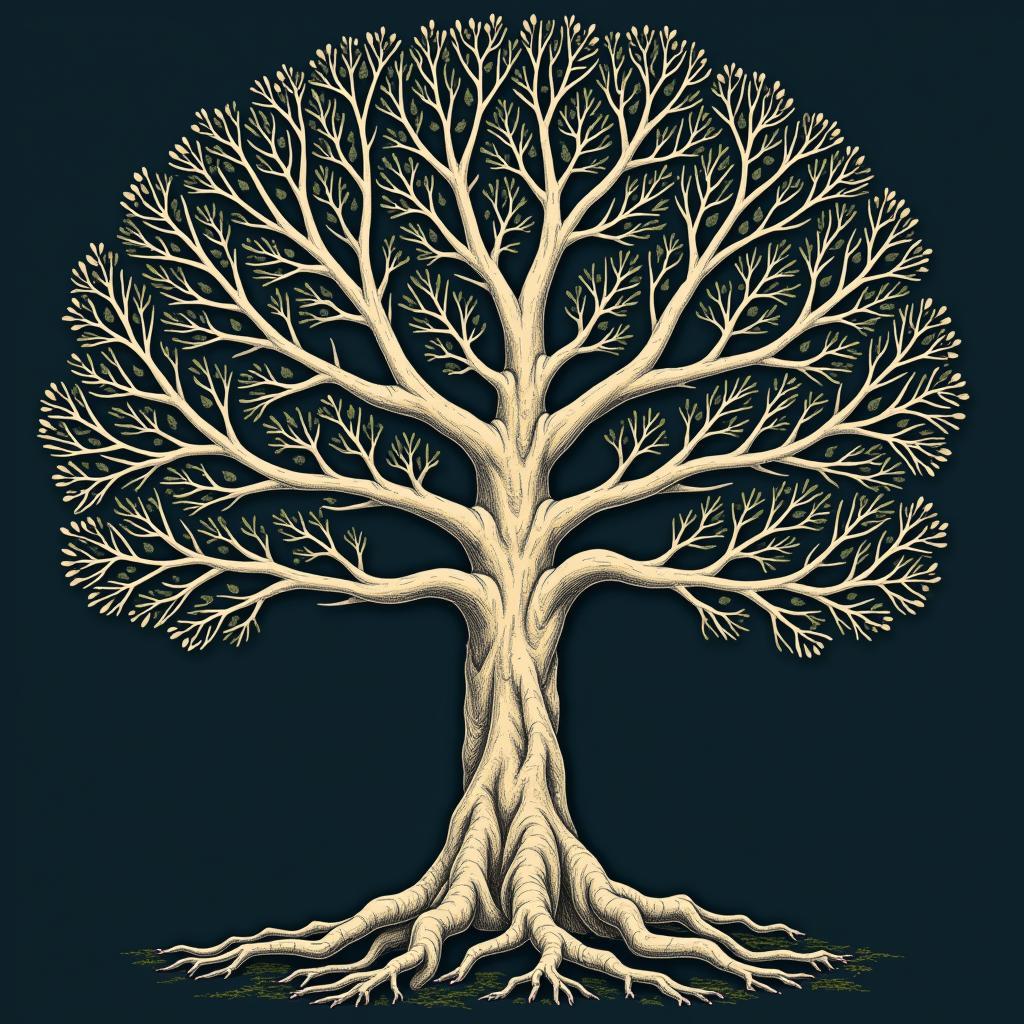Magic research might seem like stepping into uncharted territory, filled with more questions than answers. How do you even begin to study something that seems to defy the laws of nature? What methods can be applied when traditional science seems to fall short? This guide is designed to equip you with the essential knowledge and tools to embark on your own journey into the world of magic research.
Understanding Magic: More Than Meets the Eye
Before diving headfirst into the research process, it’s crucial to define what we mean by “magic”. While the term evokes images of spells and sorcery, magic, at its core, is often about understanding and interacting with subtle energies and forces that traditional science might not yet fully grasp. This can range from studying ancient rituals and folklore to exploring the potential of human consciousness to influence the physical world.
Essential Tools for the Aspiring Magic Researcher
Just like any other field of study, magic research requires a specific set of tools and approaches:
- Open-Mindedness: Perhaps the most crucial tool is an open and discerning mind. Be prepared to challenge your preconceived notions and embrace possibilities that may seem unusual.
- Critical Thinking: While an open mind is essential, it shouldn’t come at the cost of critical thinking. Scrutinize your findings, question your assumptions, and look for evidence-based explanations.
- Research Skills: Familiarize yourself with research methodologies, both traditional and those specific to studying paranormal phenomena. This includes learning how to evaluate sources, analyze data, and draw informed conclusions.
- Ethical Considerations: Magic research often delves into sensitive areas related to belief systems and personal experiences. Always approach your research with respect, sensitivity, and a strong ethical compass.
Delving Deeper: Areas of Magic Research
 Branches of Magic Research
Branches of Magic Research
Magic research encompasses a vast landscape of interconnected disciplines. Here are just a few areas you might choose to explore:
- Historical Magic: Unearthing ancient grimoires, deciphering cryptic symbols, and understanding the historical context of magical practices.
- Folk Magic Traditions: Exploring the beliefs, rituals, and magical practices passed down through generations within specific cultures and communities.
- Energy Healing: Investigating modalities like Reiki, Qigong, and Therapeutic Touch, which work with subtle energy systems to promote healing and well-being.
- Psychic Phenomena: Examining claims of telepathy, clairvoyance, precognition, and psychokinesis through rigorous experimentation and observation.
Navigating the Challenges of Magic Research
Magic research, by its very nature, presents unique challenges:
- Subjectivity and Bias: Personal beliefs and experiences can heavily influence both the researcher and the researched, making objectivity a constant pursuit.
- Reproducibility: Replicating results in controlled environments can be difficult, as many magical phenomena seem to be influenced by factors that are not yet fully understood.
- Skepticism and Criticism: Be prepared to face skepticism from the scientific community and the general public. Presenting your findings with clarity, evidence, and a balanced perspective is essential.
Resources for Your Journey
Fortunately, there are a growing number of resources available to support your exploration of magic research:
- Organizations: Groups like the Magic Tree House Research Guide, the Society for Psychical Research, and the Rhine Research Center offer valuable resources, publications, and opportunities to connect with other researchers.
- Online Forums and Communities: Online platforms dedicated to magic and paranormal research provide spaces for discussion, information sharing, and collaboration.
- Books and Publications: Explore the works of respected authors and researchers in the field to gain a deeper understanding of different aspects of magic research.
Your Magic Research Journey Begins Now
Embarking on a journey into the world of magic research can be both challenging and profoundly rewarding. Embrace curiosity, approach your investigations with a critical yet open mind, and remember that the most important tool you possess is your own intuition and desire to explore the mysteries that lie beyond the ordinary.
Frequently Asked Questions
Q: Is magic research dangerous?
A: Magic research itself is not inherently dangerous, but it’s essential to approach any practice involving altered states of consciousness or the manipulation of energies with caution and respect.
Q: Can anyone become a magic researcher?
A: Absolutely! A genuine curiosity, a willingness to learn, and a dedication to ethical research practices are far more important than any prior experience or knowledge.
Q: How do I know if my research is credible?
A: Employ rigorous research methodologies, document your findings meticulously, and be willing to share your work with other researchers for feedback and peer review.
Q: Where can I find ethical guidelines for magic research?
A: Many organizations dedicated to Paranormal Research, such as the Society for Psychical Research, have developed ethical guidelines for conducting research in these areas.
Need further guidance on your magic research journey? Contact us at [email protected] or visit us at No. 31, Alley 142/7, P. Phú Viên, Bồ Đề, Long Biên, Hà Nội, Việt Nam. Our dedicated team is available 24/7 to assist you.